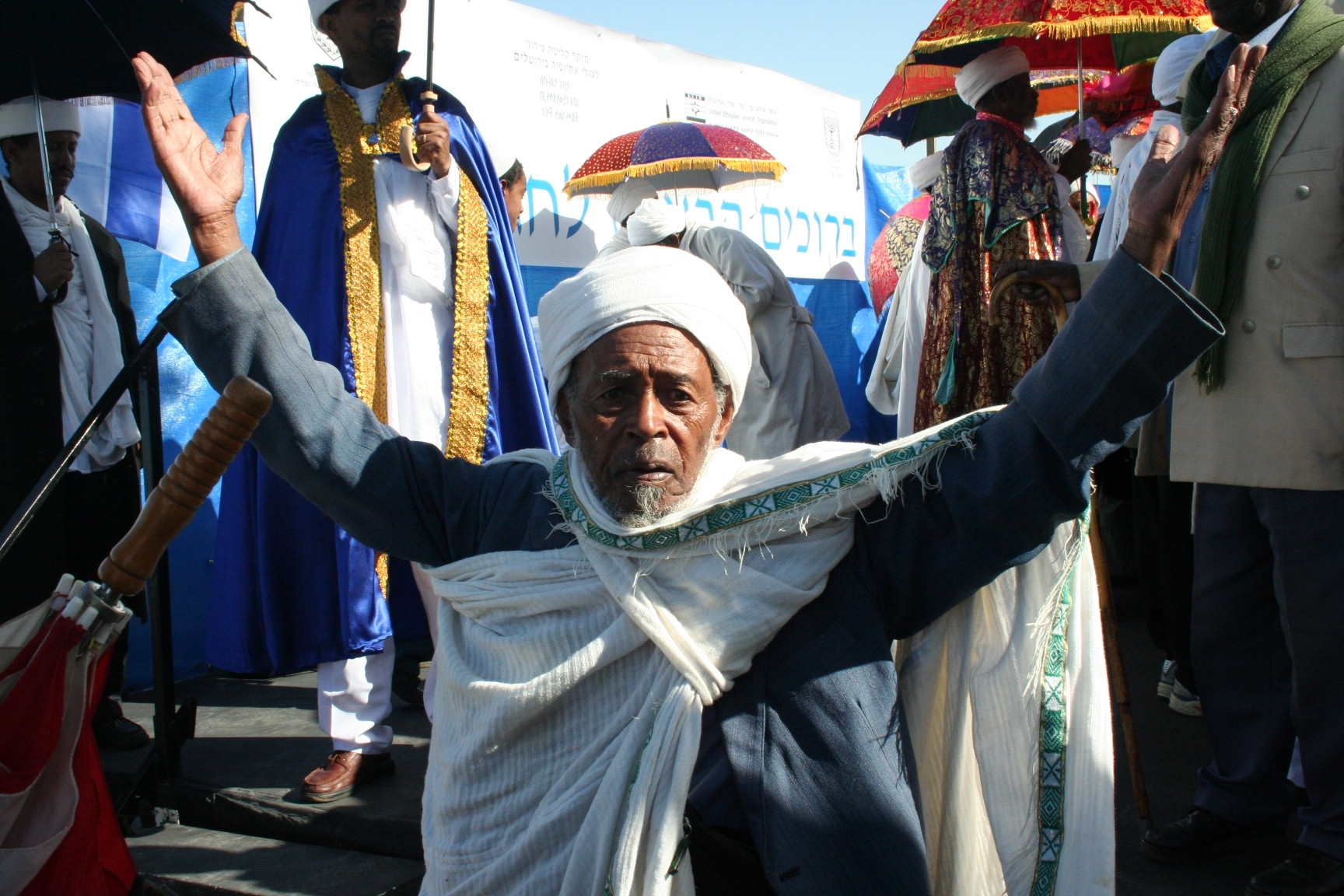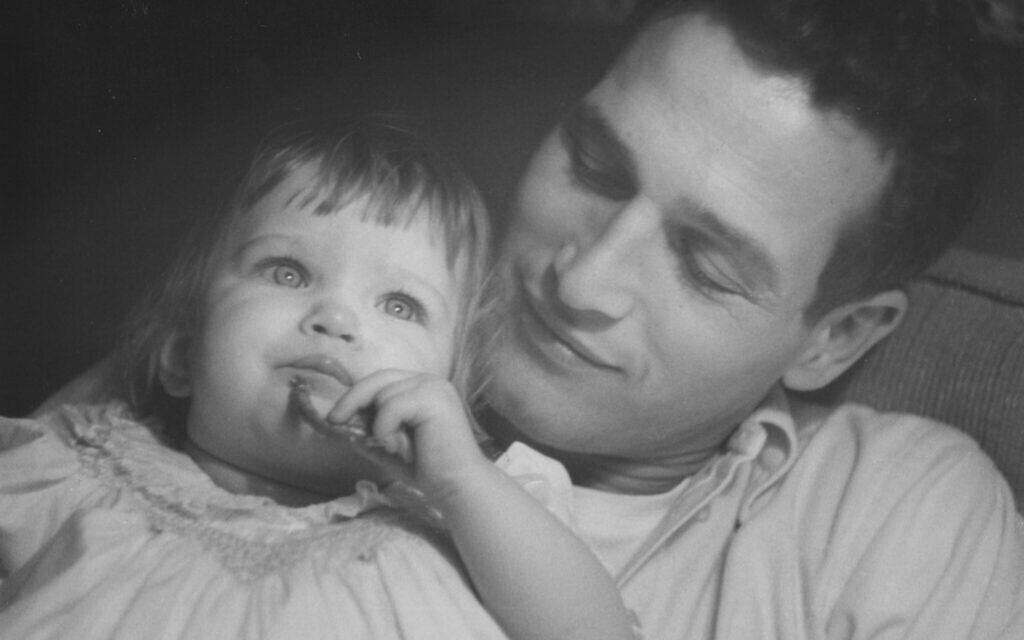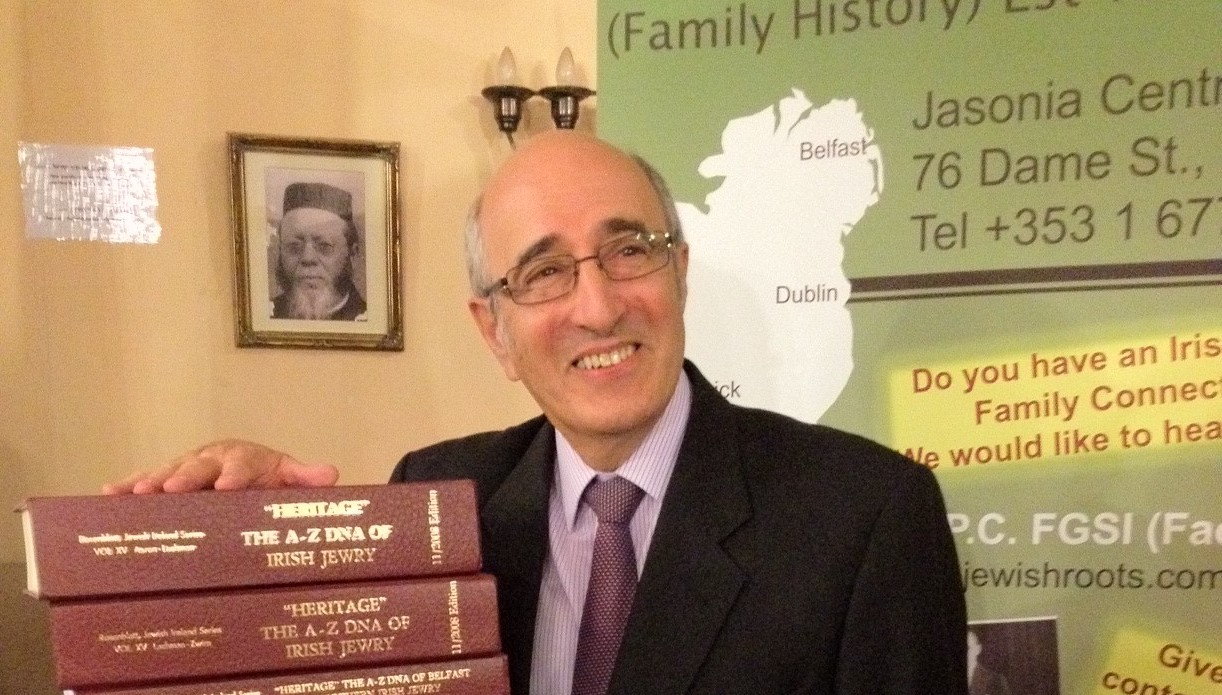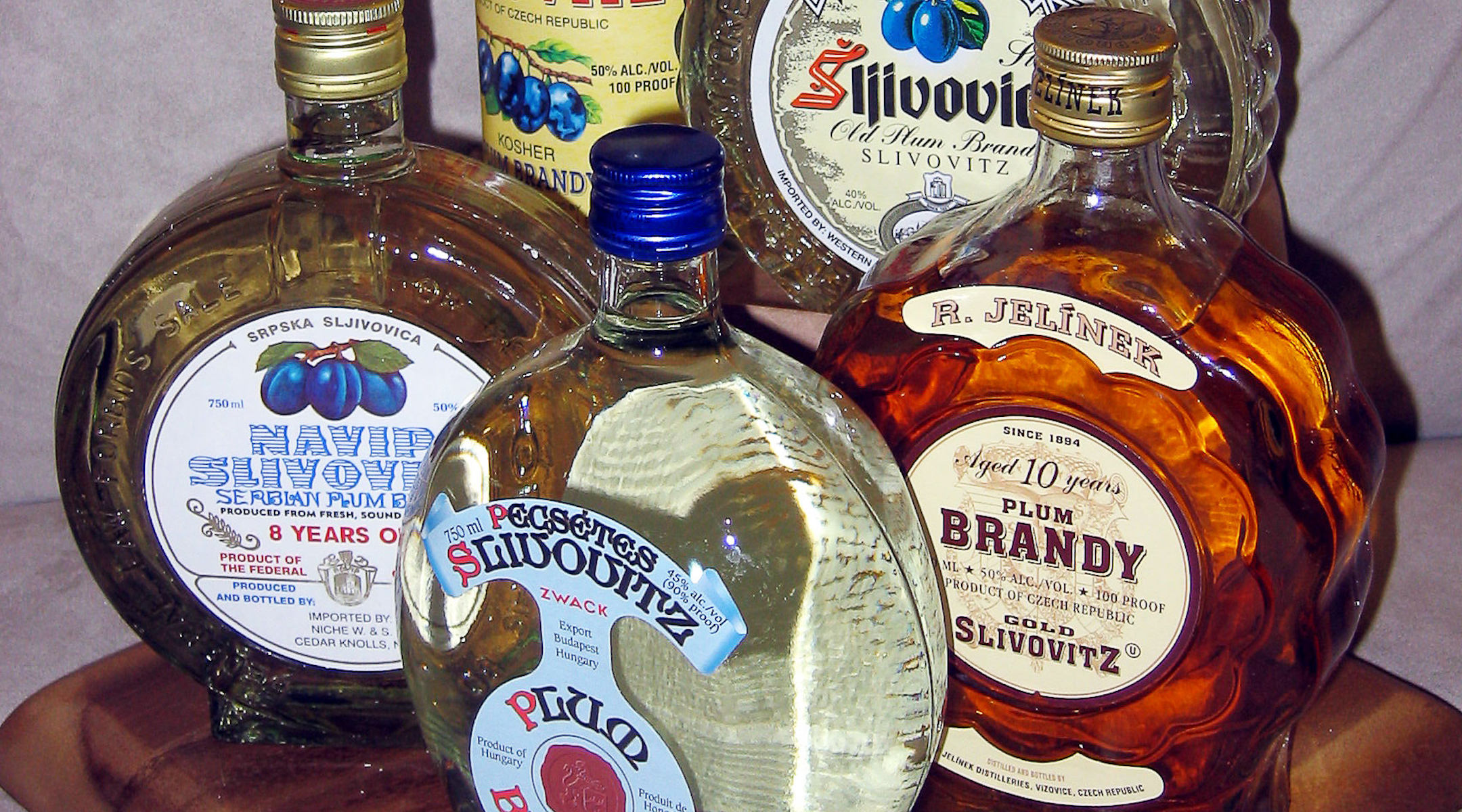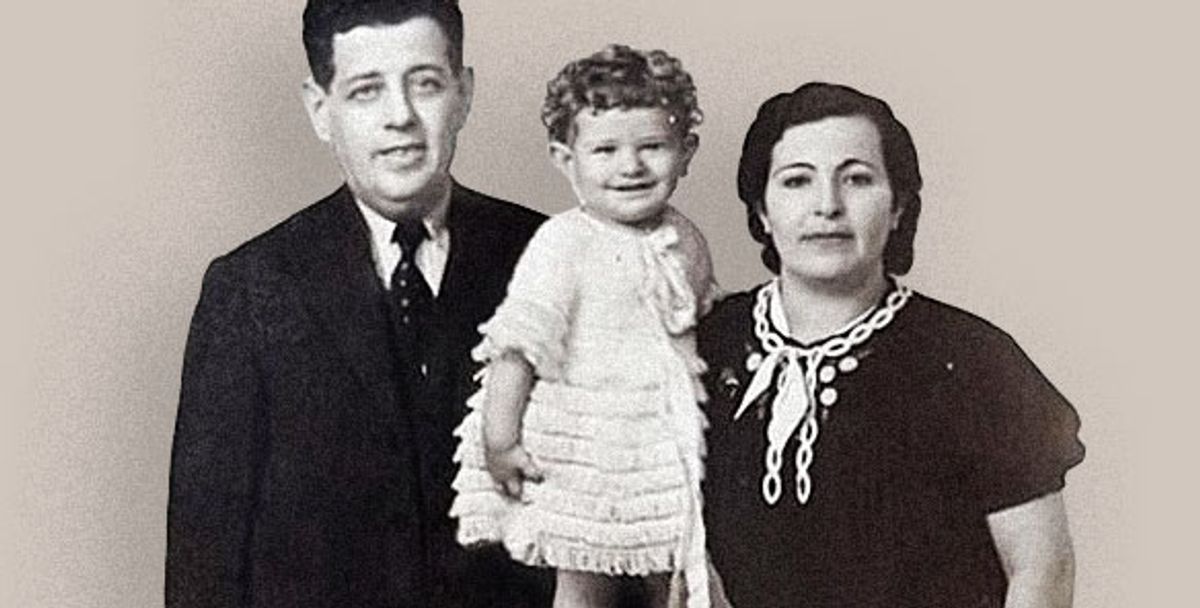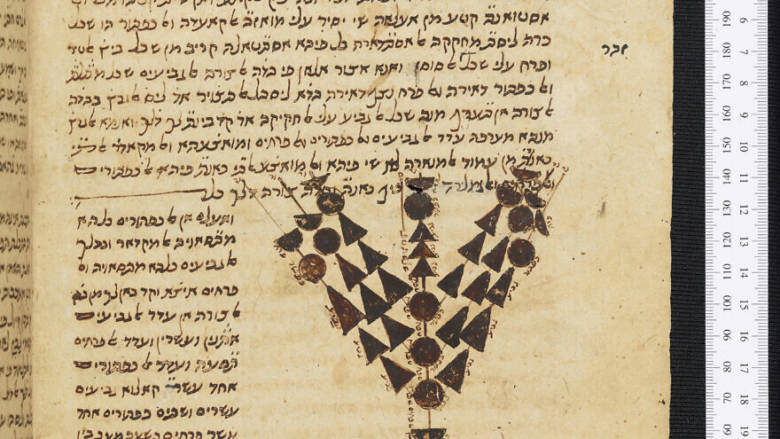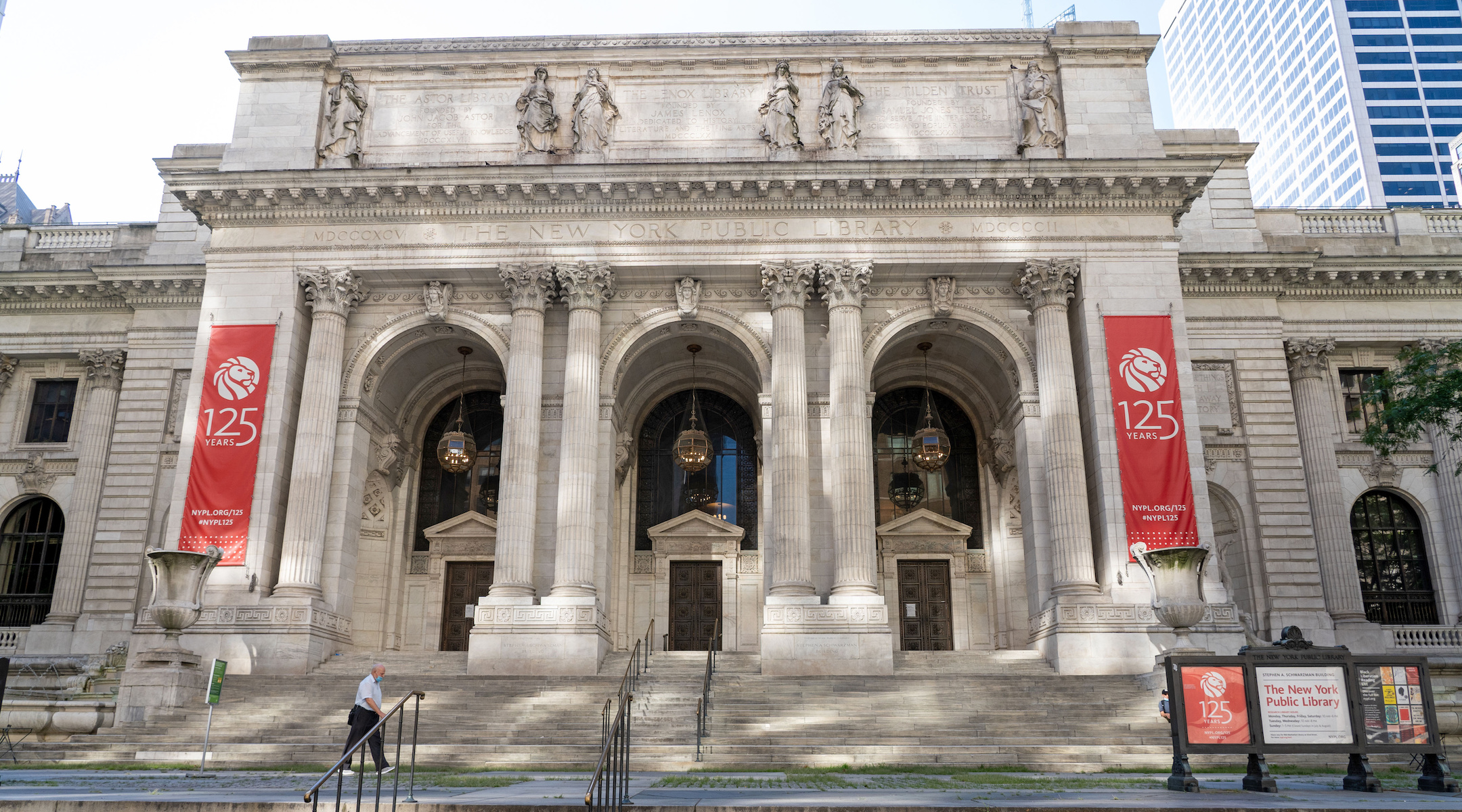In our neighborhood we have, what you call,
Once a year a sociable ball,
What a time, there's everything you wish
Ev'ry one is dressed from soup to fish;
You take Rifky, she looks pretty nifty,
Don't you mind to bring the lunch, it only costs you fifty;
There'll be wine and ev'ry thing that's fine
At the yiddish sociable ball.
CHORUS:
At the ball, at the ball, at the yiddisher ball,/
There'll only be class, or there'll be nothing at all,
And when that orchestra plays/ Yiddish kazotskys and Bombershays,
At the ball, at the ball, and the yiddisher ball
We'll make monkey doodles 'round the hall,
Out upon the floor I'll be Jakey on the spot,
Doing the kosher turkey trot,
At that first class yiddisher sociable,
(Remember, fifty cents admits the ladies and the gents)
At that first class yiddisher sociable ball.
VERSE 2:
I have tickets here I don't want to keep,
Say you'll come, I'll give you them cheap;
I'll sing there if you will surely come,
I'll knock them from the seats singing Chill-i-bom-bom;
A theatre won't be half so good
Don't stay away treat yourself just like you should,
Once a year, you know, you should appear
At the yiddish sociable ball.
